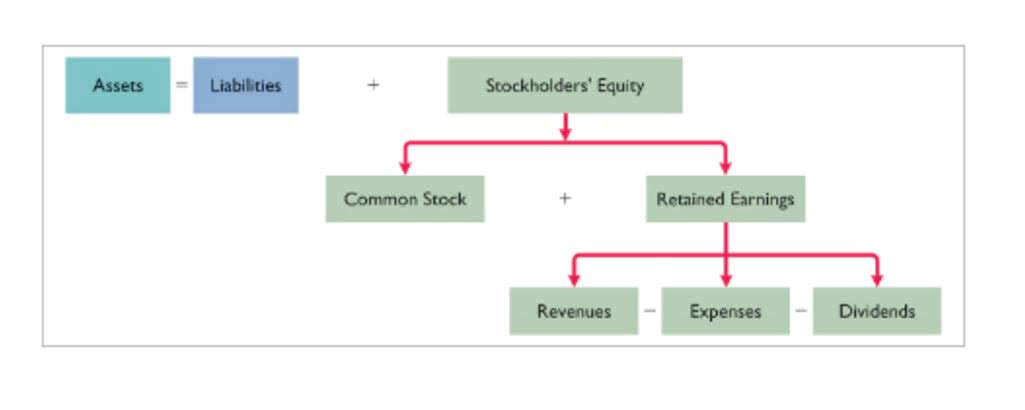
You might think of G – I – R – L – S when recalling the accounts that are increased with a credit. You might think of D – E – A – L when recalling the accounts that are increased with a debit. To debit an account means to t accounts example enter an amount on the left side of the account. To credit an account means to enter an amount on the right side of an account. Not only is the process tedious and time-consuming, but it requires a lot of accounting knowledge to be done perfectly and completely free of error.

Now Let’s Define Ledger

In the journal entry, Utility Expense has a debit balance of $300. This is posted to the Utility Expense T-account on the debit side. You will notice that the transactions from January 3 and January 9 are listed already in this bookkeeping for cleaning business T-account.
- The transactions show a debit balance of 500 for rent and a credit balance of 500 for the bank.
- You notice there are already figures in AccountsPayable, and the new record is placed directly underneath theJanuary 5 record.
- Every transaction a company makes, whether it’s selling coffee, taking out a loan or purchasing an asset, has a debit and credit.
- The next transaction figure of $2,800 is added directly below the January 9 record on the debit side.
- If a company buys supplies for cash, its Supplies account and its Cash account will be affected.
- Both these balances can be determined by a quick examination of the T-account.
- Business owners can easily spot the nature of transactions and track the balance and movements of each account.
Modelling the Future Through Financial Uncertainty: Why It Matters More Than Ever

View our live demo environment to see Baremetrics in action and learn how it can benefit your business. The first transaction to record would be the initial invoice for $4,000. A T-account is a graphic representation of one of the General Ledger accounts. income statement Increases to the Truck Loan account go on the right side of the T; decreases go on the left.
- The business now owes that investment back to the business owner.
- The first transaction that involves the bank account occurs on the 1st of April, where Mr. Burnham invested $15,000 in the business.
- In the journal entry, Utility Expense has a debit balance of $300.
- For example, if the “Income Summary” account shows a $1,000 credit balance, enter a debit of $1,000 to “Income Summary” and a credit of $1,000 to “Capital” or “Retained Earnings.”
- The debit is the larger of the two sides ($5,000 on the debit side as opposed to $3,000 on the credit side), so the Cash account has a debit balance of $2,000.
Types of Accounts
It is called a T-account because of the structural way that the report looks like T. A T-account is a visual depiction of what a general ledger account looks like. It also makes it quite easy to keep track of all the additions or deductions in an account. The debit side is on the left of the t-account and the credit side is on the right. A bookkeeper can quickly spot an error if there is one and immediately fix it with the help of this visualization. Below are the remainder of the journal entries relating to bank that we will enter in our bank T-account.
You can see that in the posting examples in the next section. By recording the debit and credit halves of the transaction and then running a trial balance, the accountant can be sure that nothing has been missed. If the books don’t balance, then something is wrong, and they need to go find it. In this case, you debit $20,000 in the cash T account and credit $20,000 in the revenue T account. Two entries (hence, double entry), one on the left and one on the right, so everything is good. T accounts are an easy way to represent a single account.





